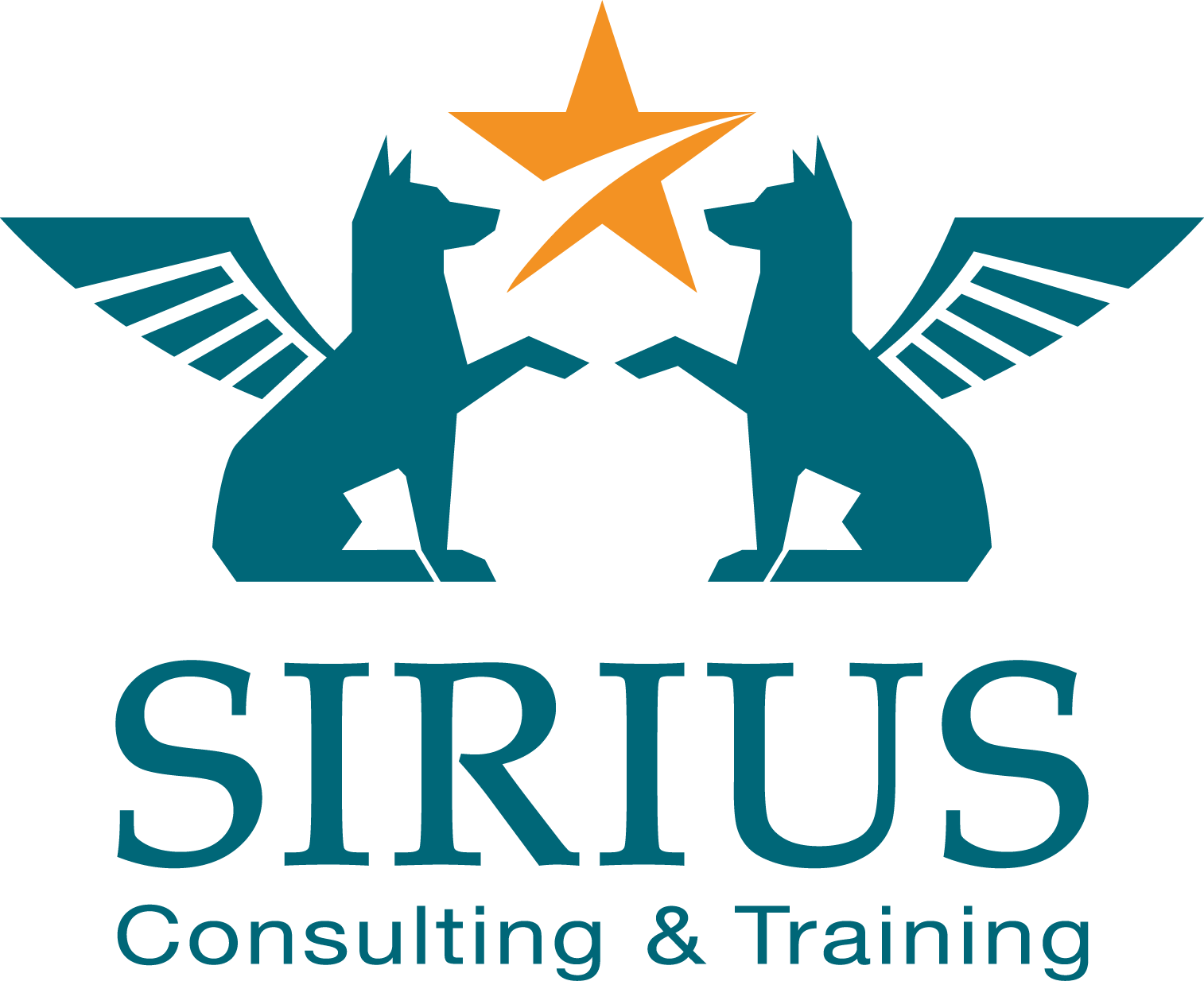Leonardo da Vinci, figurehead of the Renaissance, would have loved no-code/low-code. If today’s software uses automatisms to relieve us of repetitive work steps, the parallel to the humanistic world view, which places people at the center, cannot be overlooked: We become free again for creativity and value-creating action. No-code/low-code means nothing else: creating processes without programming knowledge, which then run automatically (= Robotic Process Automation, short RPA).
When it comes to new processes and business models, the credo ten years ago was: mobile first. Today, the first question asked is whether new developments can be automated. Can the new service or product be viewed through an automation lens? Can it relieve people of mindless tasks and enable them to work productively and satisfactorily?
Automating processes end-to-end
Robotic process automation is the buzzword that has long since ceased to be a niche topic. Today’s questions are no longer whether, but when, how much and in which areas can be automated. People have long been looking beyond individual aspects, such as accounting. Today, companies are taking an increasingly holistic approach to RPA. They are thinking about processes from start to finish. Process support “hire to retire”, so to speak.

„Robotic process automation puts the focus on people by relieving them of routines that machines can also perform. In future, we will fill our everyday working lives with activities that only humans are capable of. In this sense, RPA is a true act of humanism.“
– Otto Flake, Innovation Expert
Digital processes can be found in abundance in companies today. What is still lacking are the transfer points from one process to the next. Establishing these synapses is precisely what the common automation platforms offer strong features for process mining. Companies can use consulting and workshops to find out where particular weak points lie and what their general “robotic readiness” looks like. The question remains as to whether you really want to hand over entire processes to a robot end-to-end. At least the technical hurdles have more or less been removed.
No-code/low-code: Kickstarter for RPA
While process mining platforms still have to be trained, implemented and supported by the IT department, there is now another trend. It also aims to relieve the burden of tedious tasks, but puts the whole thing in the hands of the specialist departments: No-code/low-code. This is giving rise to a new generation of citizen developers. Using tools such as Microsoft Flow, people like you and me can create automatisms in software applications without having to take a programming course beforehand. They can think for themselves about where it would make sense to automate previously manual work steps. And they can then share this knowledge with others.
Broken down, no-code/low-code naturally only refers to commands that are executed in the machine’s source code. In fact, this brings us back to the topic of RPA. So you could say that no-code/low-code is the kickstarter for RPA. It generates quick wins by simply mapping ready-made options for action. At the same time, it is a new development paradigm and therefore much more than pure RPA. Web applications, SAP programs and mainframe apps are clicked together in a WYSIWYG editor, resulting in an executable program. We can easily cover over 70 percent of the daily requirements in our day-to-day business with no-code/low-code. Of course, the automation must be so well crafted that you can rely on it. It would be counterproductive to check each process once again afterwards to ensure that it has really run as intended.
Cushioning the shortage of skilled workers
Particularly in today’s world, with its glaring shortage of skilled workers combined with significant inflation, RPA is also taking shape in industries that have not exactly stood out as pioneers of process change or digitalization. Manufacturing, trade or construction companies, for example. Of course, the new technical possibilities have not left them untouched. What small business can afford to employ someone specifically to process invoices in the ERP system?
And wherever you can digitize, automation is the logical next step, because it allows people to concentrate better on the real thing. In this sense, automation can be seen as an act of humanism: It puts people at the center by relieving them of routines that machines can also do. In future, we will fill our everyday working lives with activities that only humans are capable of: using our brains creatively and freely deciding to do what adds value. Representatives of Gen X/Y/Z are paying more attention to this when looking for a job. HR departments that can only offer potential new recruits dull, routine tasks are guaranteed to lose out in the “war of talent”.
Example: Simplify SolMan updates
SIRIUS Consulting has recently developed an extremely useful automatic process for anyone who regularly has to deal with SAP Solution Manager updates. Many people are familiar with the situation: you plod through dozens of screens, wait until the interface responds and the data record is stored. Every time the semi-annual SolMan service packs are imported, someone has to click through a nine-step procedure for each system. Working through the guided procedures hundreds of times quickly becomes a tedious, nerve-wracking task.
The newly developed RPA assistant automates manual activities as part of SolMan updates and reduces the time required for setup by up to 80 percent. Another effect: updates are carried out regularly because rework is reduced, security hotfixes are applied faster and innovations can be used more quickly. The bot works with UiPath and can be purchased via the UiPath Marketplace. It is the first product from the new SIRIUS Robotic Center of Excellence. This is currently being set up and will provide SAP customers with targeted support for their automation roadmaps in the future.
Titelbild: ©Olivier Le Moal /Getty Images

